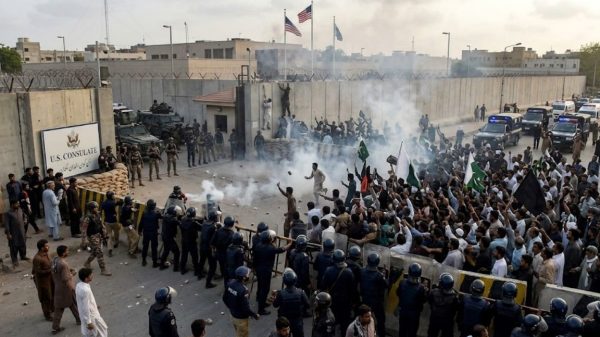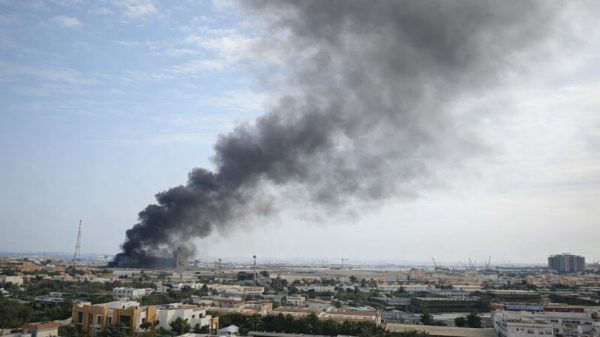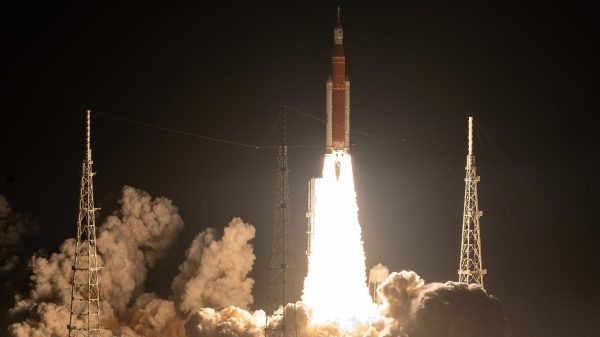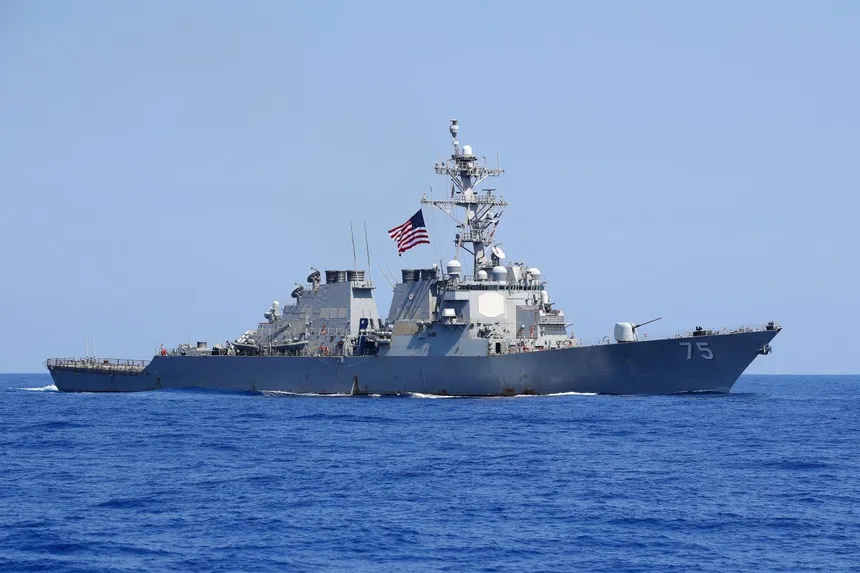China’s military aggression towards Taiwan has reached a new height, with the Defence Ministry of Taiwan detecting three Chinese warships, including the Shandong aircraft carrier, passing through the Taiwan Strait. This development is seen as a significant escalation of tensions between the two nations, as China claims Taiwan as its own territory and has been increasingly assertive in its military activities around the island.
The three vessels, headed north along the Taiwan Strait at noon on Saturday, were steering along the west of the median line, an unofficial boundary once tacitly accepted by both sides. The Taiwanese military is closely monitoring the movements of the ships and stands ready to respond accordingly. This latest development is part of a larger pattern of aggressive behaviour by China towards Taiwan, with the country’s People’s Liberation Army (PLA) conducting large-scale combat exercises and sending ships and warplanes into the island’s airspace and waters.
In recent months, China’s military activities around Taiwan have been on the rise, with the Taiwanese military detecting 33 PLA aircraft and 10 navy vessels around Taiwan in the 24 hours from 6am Friday to Saturday. Twelve of the aircraft had crossed the median line of the Taiwan Strait or entered Taiwan’s air defence identification zone, prompting Taiwan’s armed forces to deploy aircraft, navy vessels, and land-based missile systems to deal with the situation.
China’s increased military activity around Taiwan is seen as a warning to the island’s leaders not to seek independence and to abide by China’s conditions for future relations. Taiwan’s Defence Ministry has warned that it will respond to any threats or provocations by China, and the country’s armed forces are on high alert to deal with any potential threats. The ministry has also called on China to stop its military provocations and to negotiate a peaceful resolution to the crisis.
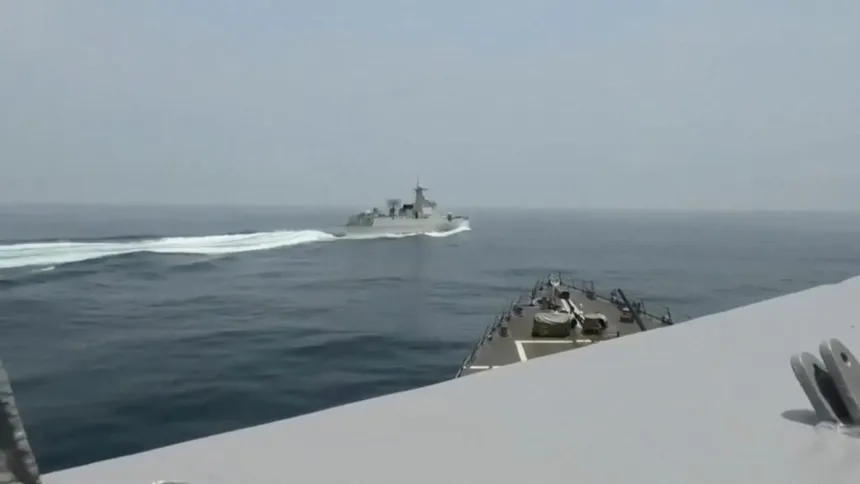
China Warships Sail Near Taiwan’s Coast
The situation remains tense, with both sides showing no signs of backing down. China’s continued military aggression around Taiwan is a major concern for regional stability and security, and the international community is closely watching the situation to see how it develops. The US, in particular, has been closely monitoring the situation, with a spokesperson for the US Department of State stating that the US will continue to support Taiwan’s ability to defend itself and maintain its freedom to make its own decisions.
Taiwan’s president, Tsai Ing-wen, has also been vocal about the situation, stating that Taiwan will not be intimidated by China’s military aggression and will continue to defend its sovereignty and democracy. The situation is likely to remain tense in the coming days and weeks, with both sides determined to assert their claims. The international community will be closely watching the situation to see how it develops, and whether China’s military aggression towards Taiwan will continue to escalate or begin to chill.
China’s motivations for its military aggression towards Taiwan are multifaceted, with some analysts suggesting that it is an attempt to intimidate the Taiwanese leadership and prevent them from seeking independence. Others believe that it is a attempt to test the limits of the US-China relationship and to demonstrate China’s military capabilities. Whatever the motivations, the situation is a major concern for regional stability and security, and the international community must continue to closely monitor the situation and urge both sides to find a peaceful resolution to the crisis.


